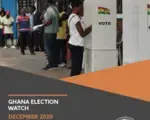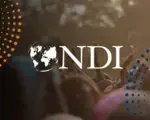Parliamentary
Displaying search results 421 - 430 of 5109


Local
Niger Local Election 2004

Presidential Referendum
Bolivia Presidential Referendum Election 2004

Presidential
Indonesia Presidential (first round) Election 2004

Presidential Runoff
Serbia Presidential (Second Round) Election 2004

Local
Romania Local Election 2004

Local
Mali Local Election 2004

Local
Sierra Leone Local Election 2004

Parliamentary
Malawi Presidential/Parliamentary Election 2004

